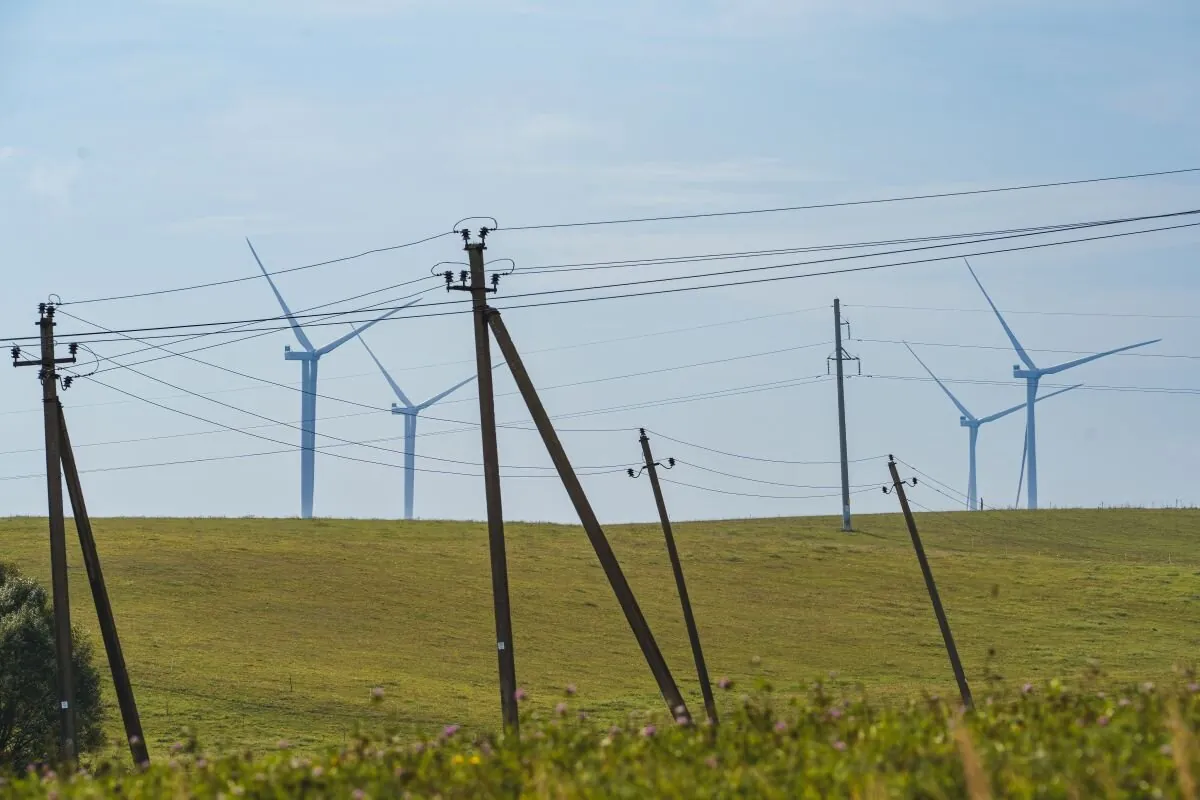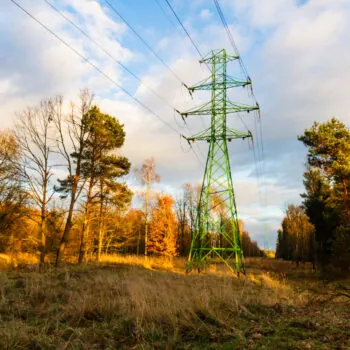The Russian invasion of Ukraine made it evident that the EU needs to completely end its reliance on Russian energy sources and reduce its dependence on imported fossil fuels, more broadly, to ensure stability and security for the bloc and its citizens. Following the invasion, the EU’s REPowerEU plan introduced temporary gas demand reduction targets and emphasised the need to deploy renewables and efficiency measures at scale.
Since then, the EU has made good progress in reducing its dependence on Russian pipeline gas. Worryingly, however, in this period it has increased its dependence on costly liquefied natural gas (LNG) from Russia, which was the second largest supplier to the EU in 2024.
In recent years, there has been significant progress in driving the clean energy transition, and this should give policymakers the confidence to stay the course. It is critical that the European Commission follows through on its commitment to release a plan to end Russian energy imports by 2027, a crucial next step in completing REPowerEU and supporting Europe’s long-term energy security.
The EU’s clean energy transition is quickly and permanently replacing fossil gas
Between August 2022 and March 2024, the EU eliminated approximately 20.5 bcm per year, through clean energy investments. These savings are leading to permanent annual cost reductions for the European economy (E3G calculations based on public data. This estimate remains conservative, as energy efficiency improvements are difficult to quantify).
- From 2021 to 2023, the EU saw a 36% increase in installed wind and solar capacity, which now helps avoid annual use of 15 bcm of fossil gas for power generation.
- The number of installed heat pumps increased substantially across the EU in the last five years, in particular after the Russian invasion in 2022. The number of heat pumps has increased from 14.8 million in 2020 to 24 million in 2024, negating the use of 5.5 bcm of gas annually.
Clean energy reduces the impact of price shocks on the economy and citizens
In late 2021, gas supply cuts sent prices soaring, forcing emergency interventions and exposing the risks of gas import dependency. This drove energy costs for European citizens and industries, resulting in a cost of living and economic crisis.
However, the impact of the energy crisis would have been far worse without the significant strides already made in the EU’s clean energy transition. Where renewables make up a considerable share of the mix, we have seen prices fall. For instance, in Spain, the high share of renewables has contributed to a reduction in wholesale electricity prices of around 20% since 2021. Since 2019, new wind and solar capacity has enabled the EU to avoid importing an additional 92 bcm fossil gas and 55 million tonnes more coal, resulting in savings of €59 billion.
More is necessary and possible: accelerate clean energy deployment for greater security and autonomy
In 2021-2023, the EU spent over €650 billion in emergency measures to shield consumers and businesses from high costs of energy inflation.
Delaying the transition risks similar, or greater, costs in the future, while continued reliance on fossil gas imports threatens competitiveness and leaves the EU vulnerable to volatile energy prices.
In 2022, together with partners, we estimated that 101bcm of all Russian gas imports pre-pandemic (152bcm) could be replaced by renewables, efficiency and electrification. Over the last years, there has been important progress, but significantly more can be done:
- Increasing the deployment of heat pumps to 60 million by 2030, combined with improving the building renovation rate from 1% to 3.5%, could save the EU an additional 21 to 44 bcm of gas per year.
- Renewables-based district heating and cooling could further reduce EU gas demand by 12% in 2030.
- Studies suggest that the cost savings from the shift to renewables and further electricity market integration could amount to around €40 billion annually by 2030.
The clean energy transition is a strategic necessity for the EU’s long-term security. Ending the EU’s reliance on Russian energy and reducing exposure to other volatile fossil fuel imports, is an imperative next step. The expansion of renewables, heat pumps, and energy efficiency measures have all made the EU more resilient and should be accelerated as the bloc adjusts to new security.
Quotes
Lisa Fischer, Associate Director, Energy Transition, said:
“Further reducing its dependence on fossil fuel imports will very swiftly deliver hard security benefits for the EU and strengthen its political agency and economic resilience amidst messy global geopolitics. The EU must not lose sight of this great prize of the energy transition – and of the fact that other net fossil fuel importers, such as China, are curbing their fossil fuel use for precisely that same reason.”
Luke O’Callaghan-White, Programme Lead, EU Energy Transition, said:
“The European Commission needs to honour its commitment to phase-out all remaining Russian energy imports, particularly fossil gas. Member states will benefit from Commission support on how to cut these ties, so the Commission should move quickly and publish this roadmap.
In recent years, despite progress in reducing pipeline imports, the EU has seen Russian LNG imports increase in volume. The solution to Russian import dependency is not in creating new gas dependencies through LNG. Accelerating the transition to a renewables-based clean energy system removes many of the core threats which have undermined EU energy security in the past.”
Pieter de Pous, Programme Lead, Coal to Clean, said:
“EU success in slashing 50 bcm from its gas imports the last two years and replacing this with clean alternatives should give confidence to EU leaders to now double down and protect European business and citizens from the costs of fossil fuel dependency. “
Manon Dufour, Executive Director, E3G Brussels, said:
“The ECB, the IMF, the Draghi Report all point to the fact that dependence on fossil fuel imports is at the heart of the EU’s competitiveness and resilience problems. Europe’s energy supply has been politically weaponised by Russia for over two decades. It is high time that the EU confirms its trajectory away from fossil fuel imports and plans for a resilient energy system to withstand the next shocks.”


